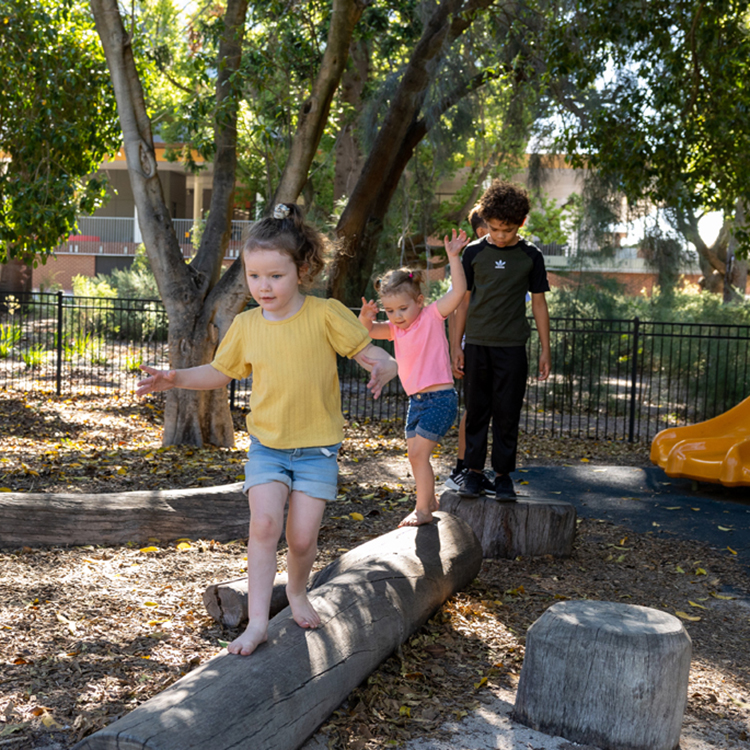Search
Research
The Influence of Grandparents on Children’s Dietary Health: A Narrative ReviewTo examine and synthesise recent evidence on the role of grandparents in shaping children's dietary health.
Research
Physical activity behaviors in trans and gender diverse adults: a scoping reviewThere is currently limited data regarding the physical activity behaviors of trans and gender diverse people (including binary and non-binary identities; henceforth trans). The aim of this review was to synthesize the existing literature in this area, with a focus on physical activity behaviors as they relate to health (e.g. health benefits, risks of adverse health outcomes).
Research
Experiences of exercise services for individuals with severe mental illness: A qualitative approachRegular exercise can be beneficial for people living with a severe mental illness. By better understanding the perspectives and challenges of adults with severe mental illness who are engaged in exercise, we can enhance the design and implementation of exercise programs to better support their mental health and recovery.
Research
Physical activity interventions for the promotion of mental health outcomes in at-risk children and adolescents: a systematic reviewMany young people are exposed to risk factors that increase their risk of mental illness. Physical activity provision is an increasingly popular approach to protect against mental illness in the face of these risk factors. We examined the effectiveness of physical activity interventions for the promotion of mental health outcomes in at-risk children and adolescents.
Research
Parents on the Concept of Physical Literacy: What Do They Know, What Do They Do, and What Do They Want?Physical literacy development in early childhood, viewed by many as the foundation for lifelong physical activity engagement, is significantly influenced by parents. Our aim was to explore parents' understanding of physical literacy and gain insight into their perspectives on physical literacy promotion.
Research
Assessing emotion beliefs with the Polish version of the Emotion Beliefs Questionnaire (EBQ): psychometric properties, norms, and links with emotional reactivity and psychopathologyOriginally developed in English, the Emotion Beliefs Questionnaire (EBQ) is a self-report measure of beliefs about the controllability and usefulness of negative and positive emotions. In this study, we introduce the Polish version and examine its psychometric properties and links with emotional outcomes. Our sample was 914 Polish adults aged 18–70 from the general population.

PAHL researchers use their expertise in motivation, behaviour change, resilience, communication, teamwork, confidence, and leadership to develop programs and services that improve people’s physical and mental health.


Research
Eating and exercise experiences of Australian trans and gender diverse folks: lived experience and stakeholder perspectivesTrans individuals face elevated health risks and socio-environmental challenges, influencing their engagement in health-protective behaviors (e.g. exercise and nutrition). Despite these challenges, there is a significant gap in understanding the specific eating and exercise experiences of Australian trans adults, including barriers to healthy behaviors and healthcare experiences. This study aims to address this gap by exploring these experiences, informing targeted interventions and healthcare practices to improve health outcomes.
